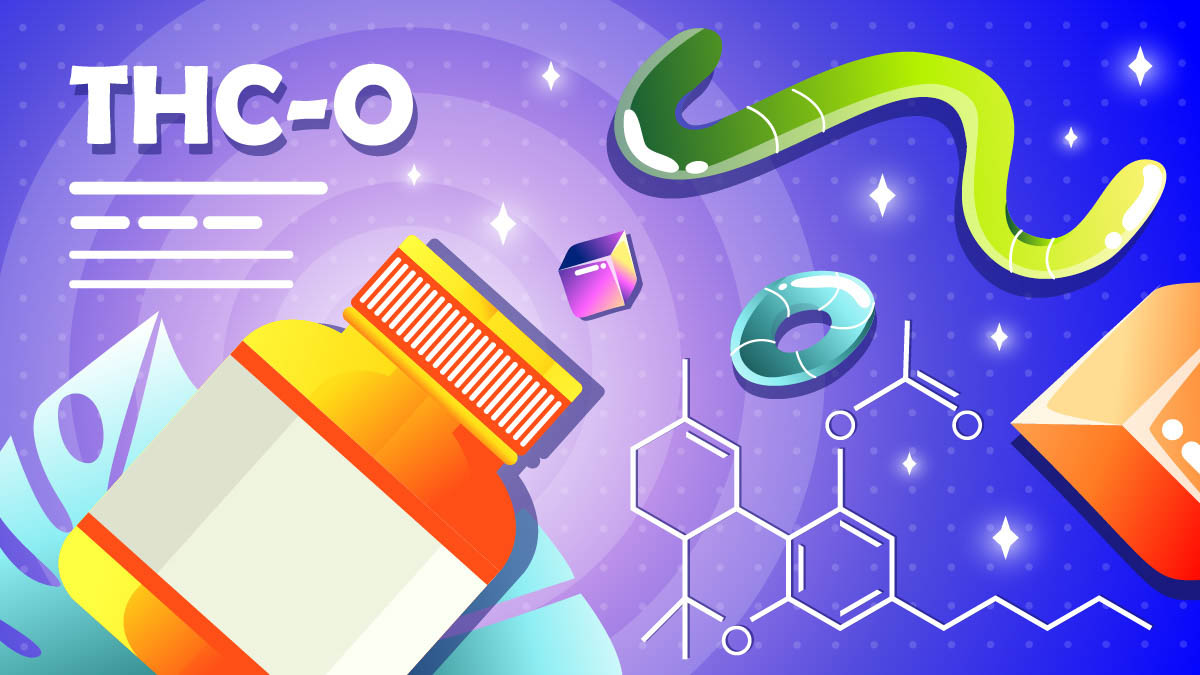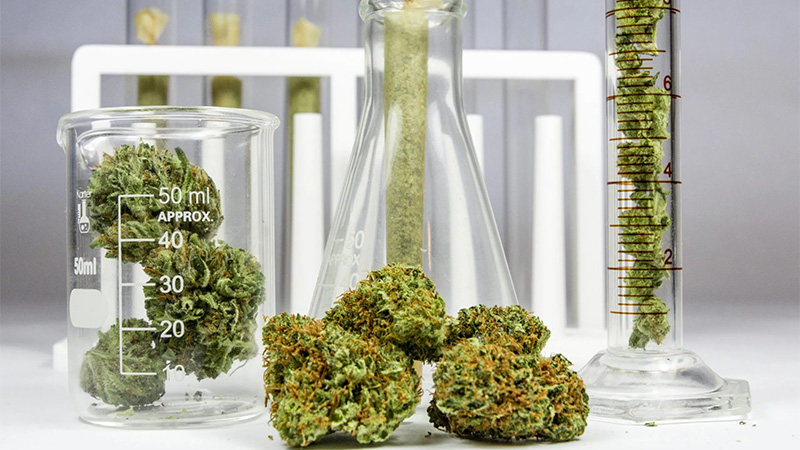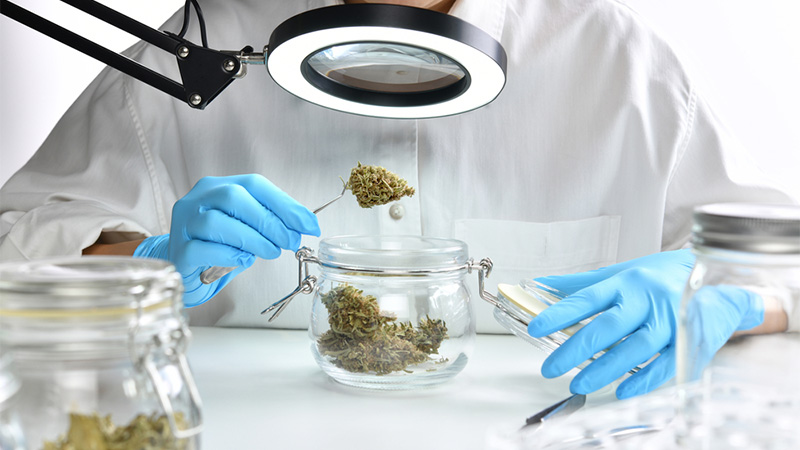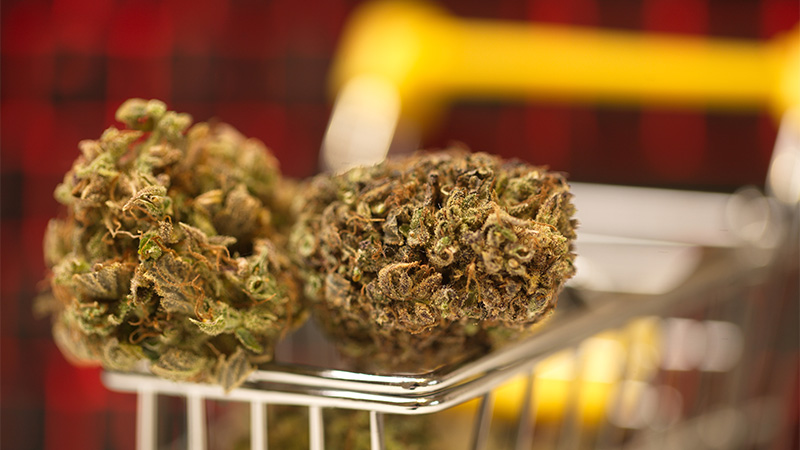What Is THC-O? Uses, Effects, and Benefits

Hemp-derived cannabinoids are having their momentum right now – and it’s hard to deny it.
Delta 8 THC, Delta 10 THC, THCP – and now, another cannabinoid can be added to the list.
It’s called THC-O.
This novel cannabinoid is 300% more potent than THC; it also offers some possible therapeutic qualities, but unlike THC, it’s a synthetic compound.
In this article, we dive into THC-O, explaining how it’s made, how to use it, what the benefits are, and whether there’s anything to watch out for when buying THC-O online.
What is THC-O?
THC-O stands for THC-O acetate, which is an acetic cannabinoid achieved by converting hemp-derived CBD.
In essence, CBD is first turned into delta 8 THC, but then manufacturers process it further by adding a chemical known as acetic anhydride.
Once the conversion process is complete, the resulting product is THC-O acetate.
THC-O comes with similar euphoric effects to cannabinoids like delta 8 THC, although users report the experience to be more pronounced.
However, the effects of THC-O are going to vary between individuals.
The only scientific evidence regarding the potency of THC-O comes from Army CHemical Corps experiments from the ‘70s that were performed on dogs.
THC-O Highlights
- Synthetic version of delta 9 THC
- Believed to be 300% more potent than delta 9
- Has a delay of around an hour
- Originally developed by US Army during drug warfare experiments
- Sold online as a “legal” alternative to delta 9 THC
- Safety and side effects aren’t researched yet.
- Only a few vendors offer THC-O products
- Most THC-O extracts aren’t of high quality due to the lack of competition
- It’s most likely a temporary trend than an evergreen compound like CBD or THC
When Was THC-O Discovered?
The first mentions of THC-O reach back as far as the 1940s, even though some people are just hearing about it for the first time today.
1940 is the generally agreed date of THC-O’s isolation – but it wasn’t used until the 1970s, when the American military was searching for non-lethal ways to incapacitate enemies.
Today, the renaissance of hemp-derived cannabinoids has sparked the interest in THC-O once again.
You can find it in disposable vape pens, edibles, and more.
THC-O vs. THC: What’s the Difference?
THC-O is significantly different compared to THC when it comes to chemical structure. It also acts differently from regular THC.
This cannabinoid only produces its effect after being metabolized by your liver since it belongs to a class of substances called ‘prodrugs.’
So, regardless of how you consume THC-O, you won’t feel anything for around an hour. This can be deceitful because THC-O is 3 times as potent once it eventually kicks in.
New users may feel the urge to take another dose shortly after consuming the first one – but doing so can lead to unpleasant side effects, such as anxiety, paranoia, racing heart, and difficulty concentrating.
Is THC-O Synthetic?

Yes. Unlike delta 9 THC, CBD, and other natural cannabinoids, THC-O was invented in a laboratory. However, that doesn’t mean the compound is dangerous; it just puts THC-O in a completely different category.
THC-O is only lightly synthesized compared to other synthetic substances. An acetylation is a simple form of drug synthesis, and it doesn’t require common dangerous substances that are often added in the formulation of other synthetic medications.
It remains an important question why cannabis users would come to terms with the unavoidable compromise in the quality of a substance when it’s synthesized when there are so many natural forms of THC available.
Even delta 8, which was originally synthetic, is now derived from hemp in usable quantities.
This can never be achieved with THC-O.
Why Do People Use THC-O?
People use THC-O for the same reason they use THC. These cannabinoids offer similar effects; THC-O just needs more time to kick in and is stronger than delta 9 THC.
It also doesn’t have any special features that would make it superior to delta 9 for any specific application.
Due to its uncertain legal status, THC-O is mainly sold online as the “legal” alternative to THC. The process of making THC-O is quite simple and safe, and a few manufacturers have started to include THC-O products in their line-up.
How Does THC-O Work?
The original purpose of THC-O was to incapacitate war enemies without killing them. That’s because cannabinoids don’t interact with the brain stem area responsible for respiratory processes.
However, THC-O was never pursued for its original purpose. There wasn’t enough research on its properties, and the cannabinoid became forgotten for the last few decades.
It’s possible but rather unlikely that THC-O will spark the attention of researchers and cannabis users once again. Right now, there’s great demand for “legal” analogs of THC that you can say online, but the moment the federal government puts its leash on the alternative forms of THC, they may lose their relevance.
Potential Benefits of THC-O

Again, no research has looked into the potential medical benefits of THC-O. What you can find on the Internet is a bunch of anecdotal stories from users who enjoy the uplifting nature of the cannabinoid, praising it for its ability to reduce stress and depression.
There are also some individual reports that THC-O seems to alleviate physical pain – even better than delta 9 THC.
Is THC-O Legal?
Yes, but we’d consider it more of a legal grey area.
The only form of THC specifically listed in the Controlled Substances Act is delta 9 THC. When hemp manufacturers figured out the way to extract usable quantities of delta 8 THC and other isomers, the online space exploded with plenty of legal psychoactive products.
However, the problem with THC-O is that it’s a synthetic compound. The DEA has a different stance on natural and synthesized substances, as well as modified cannabinoids that aren’t covered in the 2018 Farm Bill.
If the federal government were ever to crack down on non-delta 9 cannabinoids, THC-O might be the first on the gunpoint due to its synthetic status.
So don’t get used to THC-O, even if you liked it, because its future is unsure.
Is THC-O Safe?
THC-O is generally safe and non-lethal, but it’s critical to find a reputable company when searching for THC-O products.
THC-O is a synthetically processed cannabinoid, and buying it from an unverified source is never a good idea.
When buying THC-O online, make sure to look for certificates of analysis (CoA) from a third-party laboratory that will confirm the chemical makeup of the product and its purity.
Since THC-O is 3x as strong as THC, the side effects include anxiety, paranoia, racing heart, trouble falling asleep, and short-term cognitive impairment.
Can I Buy THC-O Online?

Yes, there are several retailers that sell THC-O online. These companies ship across the country and offer various forms of THC-O, such as gummies, vapes, and tinctures.
However, it’s a sketchy time to buy THC-O given the fact that it’s a practically brand-new product and it can only be synthesized.
What’s the Difference Between CBD and THC-O?
There’s a world of difference between these two cannabinoids.
The first, and the most obvious one, is their origin.
CBD is a naturally occurring cannabinoid, whereas THC-O can’t be extracted from cannabis plants. It requires a laboratory to be synthesized.
Another major difference is the psychoactivity of both compounds.
CBD is a non-intoxicating compound, so it won’t get you high.
THC-O will not only make you feel high, but it is 3x stronger than THC. You should be careful when taking THC-O to avoid episodes of anxiety and paranoia.
CBD is also much safer and better researched than THC-O.
When you enter PubMed and type “CBD,” almost 10,000 results will pop up. Typing “THC-O” will give you just 2 results.
It goes without saying that if you want to try how individual cannabinoids work for you, CBD and THC are better picks for a start.
Key Takeaways on THC-O, its Uses, Benefits, and Side Effects
Although THC-O was first discovered in the 1940s, its initial purpose wasn’t to be the legal way to get high.
The cannabinoid first served the US military to incapacitate war enemies without killing them.
Today, it has become one of the “legal” alternatives to THC from marijuana.
However, since it’s a synthetic cannabinoid, its legal status may soon change once the federal government decides to do something about this limbo.
While you can find THC-O products online, we can’t recommend any vendors because the extraction process hasn’t been standardized, and the lack of competition causes a drop in product quality.
We hope that will change soon. In the meantime, you can explore the natural analogs of delta 9 THC, such as delta 8, delta 10, and THCP.